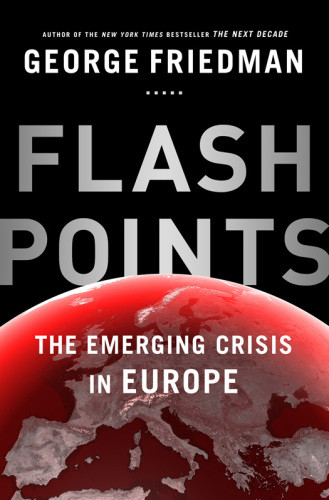

Most ebook files are in PDF format, so you can easily read them using various software such as Foxit Reader or directly on the Google Chrome browser.
Some ebook files are released by publishers in other formats such as .awz, .mobi, .epub, .fb2, etc. You may need to install specific software to read these formats on mobile/PC, such as Calibre.
Please read the tutorial at this link: https://ebookbell.com/faq
We offer FREE conversion to the popular formats you request; however, this may take some time. Therefore, right after payment, please email us, and we will try to provide the service as quickly as possible.
For some exceptional file formats or broken links (if any), please refrain from opening any disputes. Instead, email us first, and we will try to assist within a maximum of 6 hours.
EbookBell Team

4.4
12 reviewsAnalyzing the most unstable, unexpected, and fascinating borderlands of Europe and Russia--and the fault lines that have existed for centuries and have been ground zero for multiple catastrophic wars--Friedman highlights, in an unprecedentedly personal way, the flashpoints that are smoldering once again.
The modern-day European Union was crafted in large part to minimize built-in geopolitical tensions that historically have torn it apart. As Friedman demonstrates, with a mix of rich history and cultural analysis, that design is failing.
Flashpoints narrates a living history of Europe and explains, with great clarity, its most volatile regions: the turbulent and ever-shifting land dividing the West from Russia (a vast area that currently includes Ukraine, Belarus, and Lithuania); the ancient borderland between France and Germany; and the Mediterranean, which gave rise to Judaism and Christianity and became a center of Islamic life.
Through Friedman's seamless narrative of townspeople and rivers and villages, a clear picture of regions and countries and history begins to emerge. Flashpoints is an engrossing analysis of modern-day Europe, its remarkable past, and the simmering fault lines that have awakened and will be pivotal in the near future. This is George Friedman's most timely and, ultimately, riveting book.